If you like to talk, you already have the basic tools for a podcast. There’s a growing market for them.
“In 2021, the podcast industry didn’t just grow — it exploded,” reports Forbes magazine. “Audience engagement is up. Ad spend is up.”
In 2021, 12 million more people became podcast listeners, reaching 116 million monthly listeners, and time spent listening increased 13 percent, the magazine reported. The growth was expected to continue unabated in 2022.
OK, so there’s a potential market, but is a podcast something you want to start? Here are some pros and cons:
Pros:
- You get to choose what you want to talk about
- You can record from your phone
- You have a flexible schedule as to when you record and publish
- There is no limit to your potential income
Cons:
- Staying on track with recording and publishing your episodes
- Creating new material to discuss
- Talking about topics that interest listeners
- Spreading the word about your podcast
What is a podcast? A podcast is hosted by an individual who shares stories or reports news. A podcast is a digital audio file that can be listened to via the Internet or music application, such as Spotify, Audible, or Amazon Music.
How to Get Started:
NOTE: Before you start your business, you should read the page on this website entitled “things to think about before you get started.” After you have taken the preliminary steps for starting any business, you can take the specific steps outlined below.
Creating a podcast does not have to be complicated. There are any number of step-by-step guides you can follow, such as Amazon Music, Shopify and The Podcast Host.
First of all, here are some basics you will need:
- A computer, or at least a smartphone
- Podcast app
- Phone data or Internet (WIFI)
- Quiet place to record
Before you start creating your podcast, you have to develop a subject area for your podcast. Books? Sports? Movies? What do you normally talk about with your friends? What do you know a little about?
Maybe you know exactly what interests you and what your podcast should focus on; but don’t worry if you don’t. There are many, many helpful resources for coming up with a podcast topic. (Just Google “How to pick a podcast topic.”)
Choosing a podcast app
There are lots of apps to choose from. Among the simplest for beginners is Anchor. The app is free to use and can be used from your phone. Perhaps best of all, Anchor makes monetizing your podcast easy; it allows you to create a 30-second commercial for Anchor that you can add to your episodes. This commercial will enable you to earn money with the app. Each time someone listens to your podcast and hears the commercial, you earn money.
Publishing new episodes
It’s best to have episodes planned well in advance. Before publishing your first episode, you should have the first 10 planned and first five recorded.
To attract a loyal audience, you have to publish regularly – a good rule of thumb is at least once a week. And you should try to publish on the same day each week so your listeners will know when they should expect a new episode.
Tips for creating new material:
- Books or articles that have been written on your subject
- Recent developments pertaining to your subject
- Different tools, gadgets, and items that can be reviewed pertaining to your subject
- Websites that offer information on your subject (go out and find them)
- Prominent people who have made comments on your subject
Keeping your listeners interested
The key to a successful podcast is keeping your listeners coming back for more. Stay professional and stay on topic. Speak slowly and clearly and use words that everyone will understand.
Keep track of how many people have listened to each episode and create similar content to the episodes with the most listens.
Taking it to the next level
Once you have your podcast up and running, you want to spread the word about it and get as many listeners as you can. How to spread the word about your podcast
- Share your podcast link on social media
- Explore new ways to monetize your podcast. You can easily find online resources, such as this guide from Red Circle and this one from Forbes.
- Find other podcasters discussing the same or similar subject — reach out to them, offering them to trade guest spots on each others’ podcasts
Photo by Will Francis on Unsplash




